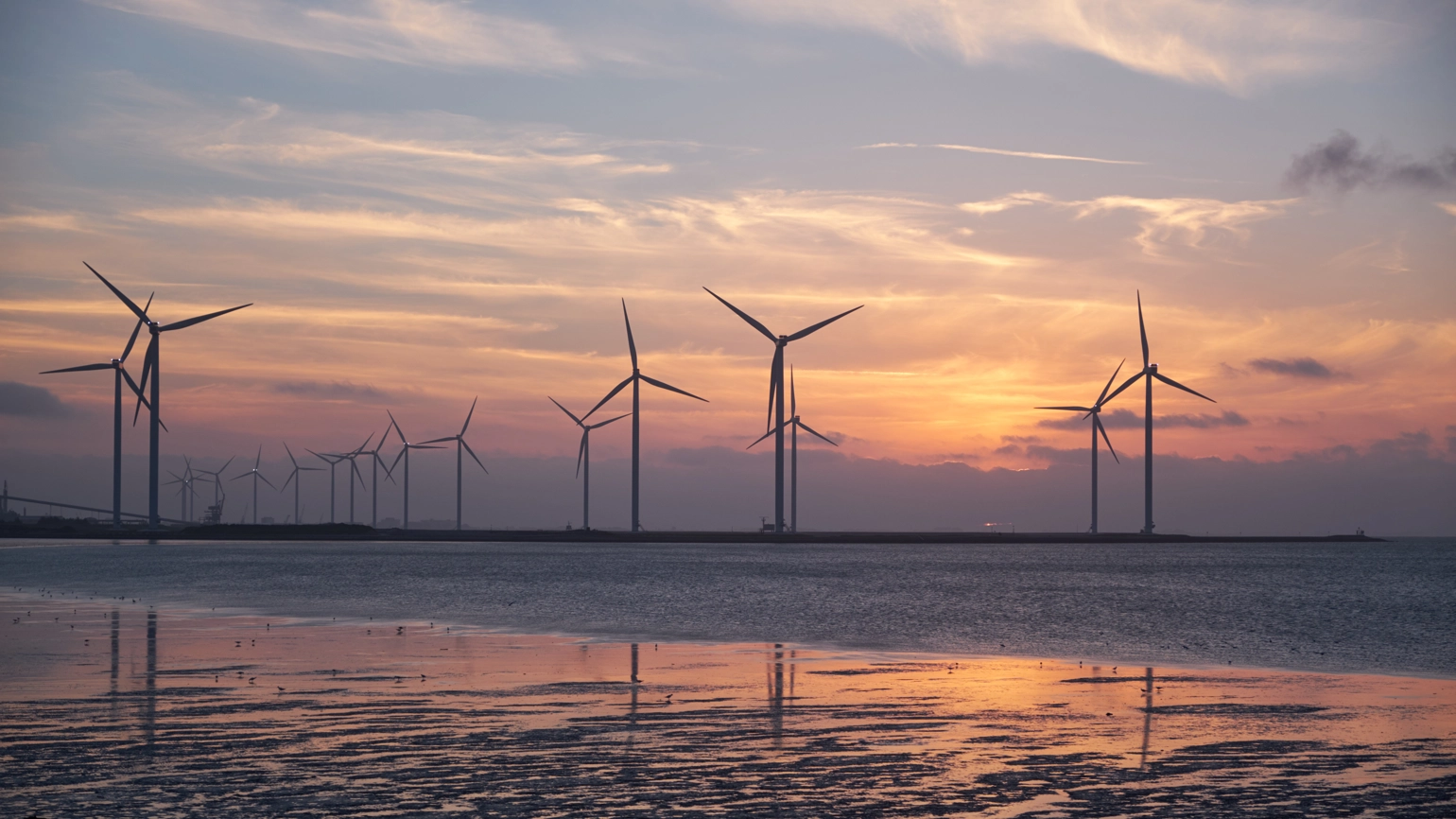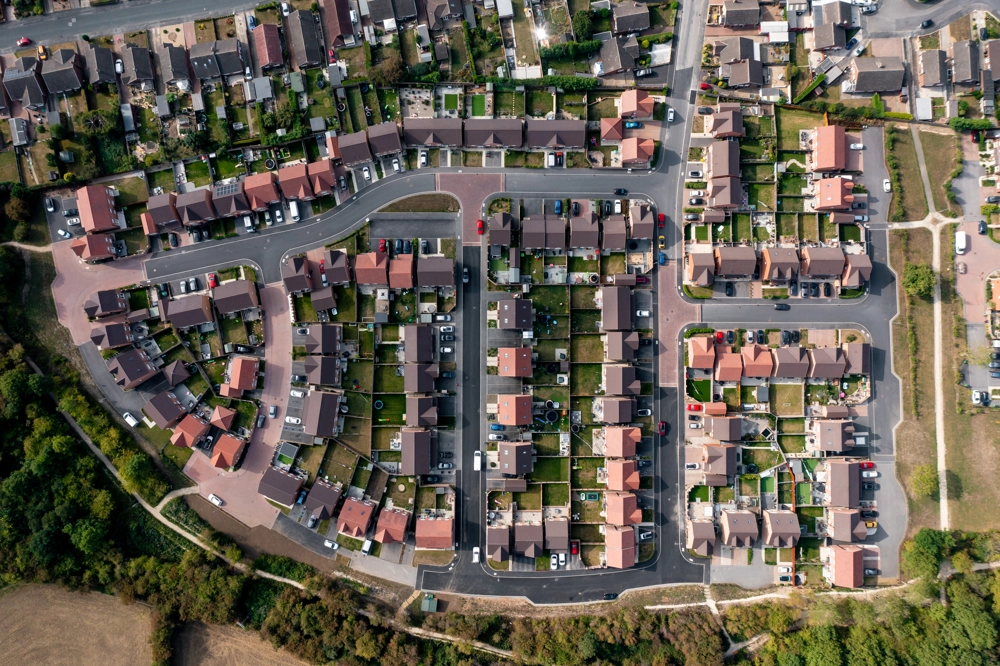All media enquiries related to our Institutional Retirement business, including PRT.
Legal & General Investment Management takes action on climate change risks
Legal & General Investment Management (LGIM) has today revealed the corporate leaders and laggards on climate change, following the first engagement period under its Climate Impact Pledge.
11 Jun 2018
Press release (PDF 141KB)

Meryam Omi, Head of Sustainability and Responsible Investment Strategy at LGIM "Climate change is a significant issue for society and investors... Our role is to ensure companies in different industries transition successfully, and are committed to helping them do that with our Climate Impact Pledge."
*Future World Funds include:
- Future World Fund, a multi-factor global equities index fund that incorporates a climate ‘tilt’ to address the investment risks associated with climate change.
- L&G Future World Equity Factors Index Fund - a unit trust version of the above fund - The L&G Future World Gender in Leadership UK Index Fund1 (‘GIRL’ fund) GIRL fund is a UK-focused fund and therefore did not invest in any of the companies on our exclusion list.
**Positive Results through Engagement
- The board of Toyota, the world’s largest carmaker by market capitalisation, endorsed the 2°C Paris target. The company has also announced plans to make all cars available as either electric or hybrid models by 2025, and has verified independently more of its greenhouse gas emissions
- Wells Fargo, the US bank, has pledged to invest $200 billion in climate action and sustainability by 2030
- Australia’s Commonwealth Bank has committed to phase out its lending to coal plants.
***The Leaders and laggards
| Category | Leaders | Significant improvements since 2017 |
|---|---|---|
|
Statement on climate change |
Nestlé |
Daimler AG |
|
Transparency |
Statoil, Bank of America Merrill Lynch, BNP Paribas |
Kraft Heinz |
|
Board governance |
BHP Billiton |
Toyota |
|
Business strategy |
Total |
Commonwealth Bank |
|
Public policy |
Iberdrola |
EDF |
LGIM assessed 84 companies on over 50 indicators. The best and worst performers in the main categories are listed below.
Statement on climate change
Leader: Nestlé has set targets to reduce GHGs by 2020, in line with the Paris Agreement. The company discloses these 2020 targets and how it is performing against them.
Laggard: Russia’s Rosneft Oil has produced a sustainability report which does not mention “climate change” a single time in its 144 pages. For investors, this provides little reassurance that the company is planning for a world that must use less of its main product.
Transparency
Leaders:
Norwegian energy company Statoil has been reporting its total emissions since 2014.
Bank of America Merrill Lynch has been publishing the carbon intensity of its US utility portfolio since at least 2012.
BNP Paribas, the biggest listed bank in France, discloses the carbon content of the power plants it finances. It also plans to reduce this in line with the global averages needed to reach the 2°C objective. The company has also recently announced that it will no longer finance the development of ‘extreme’ fossil fuels (coal, tar sands)..
Laggard: China Construction Bank remains the world’s largest funder of coal mining and plants. While the company has increased its lending to green projects, it does not disclose the total GHG emissions associated with its business.
Board Governance
Leader: BHP Billiton, which we supported in its recruitment process for a new chair of the board. Unusual for its sector, the company has publicly discussed “the growing regulatory and societal pressures” that are making coal unattractive.
Laggard: CK Infrastructure Holdings, for which we voted against reappointing the chairman. We considered the company lacked sufficient levels of independence on the board, and its directors served in too many external roles.
Business strategy
Leaders:
Oil and gas major Total has stated that it will put a climate-compliant 2°C scenario at the centre of its strategy.
BHP Billiton has disclosed the earnings impact of various climate scenarios across the different sectors where it operates.
The silent majority: In our analysis, more companies scored better on individual criteria relating to climate risks and opportunities, highlighting a need to join these up into a coherent picture. This is precisely the role of scenario analysis, which increasing numbers of shareholders and regulators are beginning to demand globally.
Companies can no longer claim that increased disclosures will harm their competitive edge. If an oil major can publicly talk about oil demand peaking within less than a decade, there is no excuse for companies not to be forthcoming about risks and opportunities. It is the absence, not the presence, of disclosures that worries us as long term investors.
Public Policy
Leader: Spanish utility Iberdrola, one of the largest electricity companies in the world, has called for ambitious EU emissions reductions and has lobbied for the EU to raise its carbon price (a reform that is now underway). By going from being mostly fossil fuel-powered to having 60% renewable generation capacity in less than a decade, Iberdrola is ‘walking the walk’. It is also talking the talk, being ranked as a True Climate Policy Leader by InfluenceMap, our data provider for this category.
Laggard: The second largest utility in the US, Southern Company, has opposed emission standards and climate legislation in the US.




